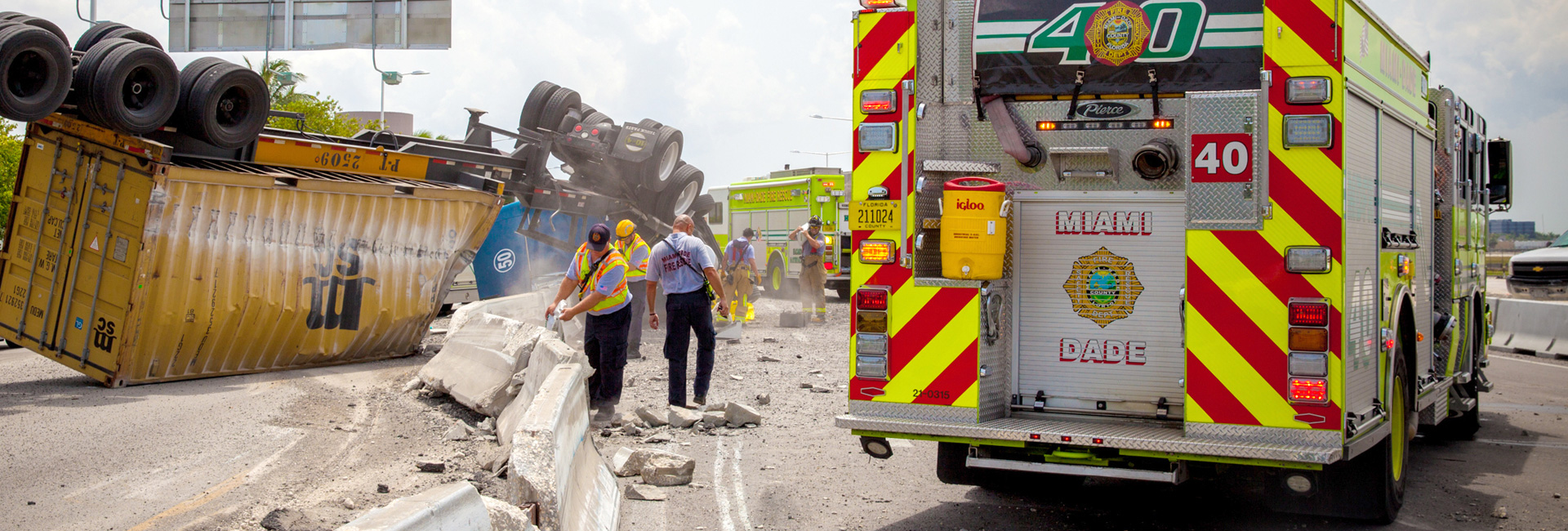Safety Tips: Fireworks
The National Fire Protection Association (NFPA) estimates that around 10,000 fireworks-related injuries are treated in U.S. emergency rooms annually. Nearly half of these injuries involve children under 15. The age group most at risk is children between 5 to 14 years, showing a higher incidence of injury compared to the general population. Sparklers, fountains, and novelty fireworks contribute significantly to these emergency room visits. Furthermore, fireworks cause about 20,000 fires each year, leading to over $100 million in property damage.
While fireworks are a fun part of many celebrations, they can be dangerous if not handled safely. Here’s how to enjoy them responsibly:
- Only buy fireworks from approved vendors and always follow the manufacturer’s safety instructions
- Never buy used or illegal fireworks. Fireworks that propel through the air, detonate or explode are illegal to sell or purchase in Miami-Dade County. Although in Miami-Dade County, there are no approved vendors who are authorized to sell fireworks that propel through the air, detonate or explode, as per Senate Bill SB140, consumers who have acquired these fireworks elsewhere for recreational use are only allowed to utilize them on three specified dates each year: Fourth of July, New Year’s Eve and New Year’s Day
- Light fireworks outdoors on a driveway or paved surface, at least 25 feet from houses, cars, trees or anything that could catch fire. Never aim or shoot fireworks or sparklers at animals, people or into crowds
- Only adults should light fireworks. Light one firework at a time, then move away quickly to a safe distance to prevent injuries or burns
- Wear safety goggles to protect the eyes from flying debris or sparks
- Never carry fireworks in your pocket or ignite them in metal or glass containers
- Never attempt to re-ignite duds or handle fireworks that didn't ignite the first time
- Children should always be supervised when handling sparklers and fireworks, as they can cause severe burns and eye injuries
- Sparklers, which are often considered harmless enough for children, can burn up to 2,000 degrees Fahrenheit and can cause serious burns
- Never wear loose-fitting clothing and tie back long hair to prevent catching fire
- STOP, DROP and ROLL: If clothing catches on fire, remember to STOP what you are doing, DROP onto the ground, cover your face, and ROLL over and over until the fire goes out
- Soak used fireworks in water before tossing them to prevent trash fires
- Keep an ABC-rated home fire extinguisher, garden hose or bucket of water nearby at all times in case of a fire emergency
- Never handle fireworks while intoxicated, and drink plenty of water to stay hydrated
- For a safer, more spectacular experience, attend a public fireworks display by trained professionals. These shows are often free and way more impressive than anything you can buy
If you experience an emergency, call 911 immediately.

Fire Rescue
Raied "Ray" Jadallah
R. David Paulison Fire Rescue Headquarters
9300 NW 41st Street,
Miami, FL 33178-2414
786-331-5000
